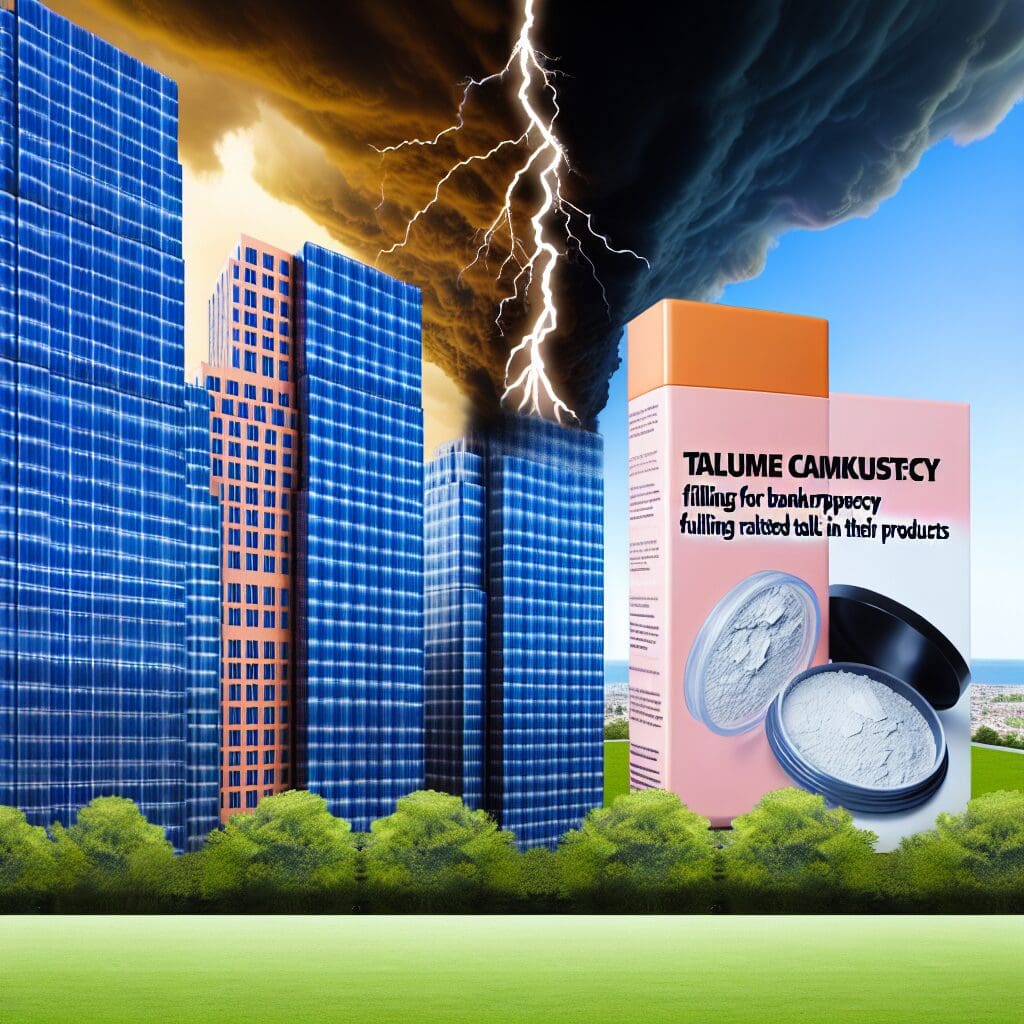Avon Products Inc., a company renowned for its legacy of door-to-door sales, has filed for Chapter 11 bankruptcy as it grapples with a multitude of talc-related lawsuits. Allegations from over 386 cases contend that the talc in its products has caused cancer. This legal battle has severely strained Avon’s financial resources, leading to approximately $225 million spent on defending lawsuits and settlement payments. Chief Restructuring Officer Philip Gund indicated in court that the company lacks the liquidity necessary to continue litigation or settle effectively.
Avon is not alone in utilizing bankruptcy as a strategy to handle similar legal issues; Johnson & Johnson has attempted this route several times, though with limited success. The toll of the lawsuits is extensive, and without a decisive solution, Avon anticipates the number of cases will likely rise.
Notably, Avon sold its U.S. operations in 2016 and currently operates under heavy debt, primarily owed to Natura & Co, which acquired Avon in 2020. This restructuring process allows for the marketing of Avon’s assets, with Natura expressing interest in acquiring the brand for $125 million, while also forgiving $530 million in debt.
While the U.S. brand remains under LG Household & Health Care Ltd., Avon’s global operations continue as usual. The bankruptcy case has been initiated in the U.S. Bankruptcy Court for the District of Delaware, signaling a critical juncture for a company that has seen better days. As the beauty industry faces increasing scrutiny regarding product safety, Avon’s legal woes serve as a stark reminder of the challenges brands face in maintaining consumer trust.











